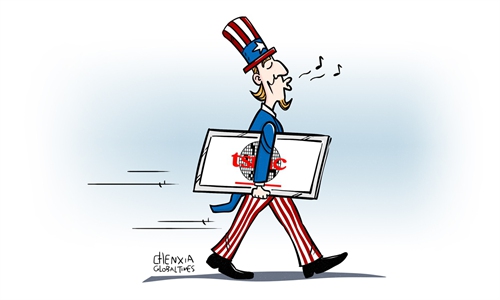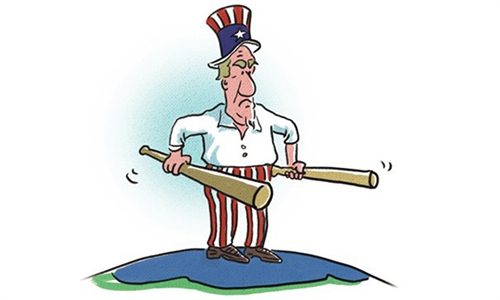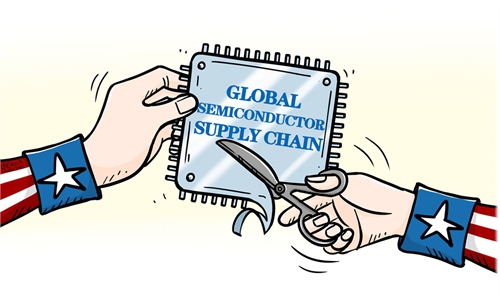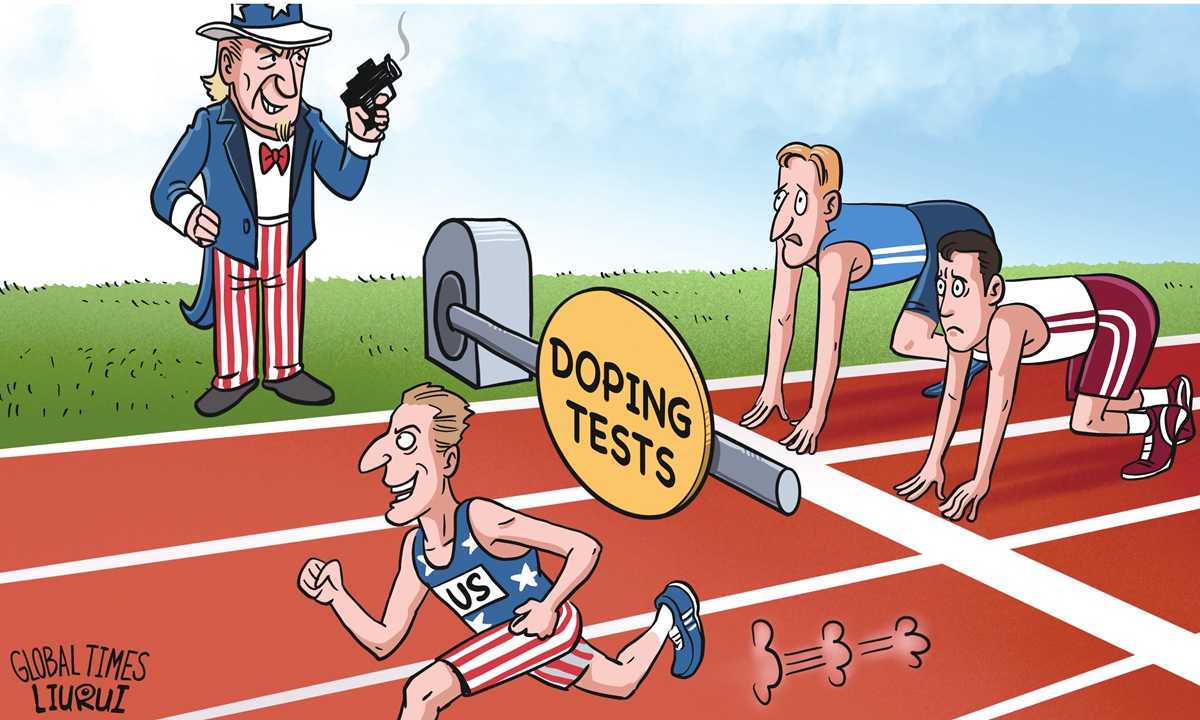The restrictions on US technology exports to China are encountering mounting opposition due to the growing financial losses of American companies and the burgeoning independent innovation capabilities of Chinese companies, ultimately ruling out the possibility of the US being able to force allies into alignment on further export controls over China.
California Democrats are calling on the Biden administration to freeze reported plans to impose fresh restrictions on US technology exports to China, arguing that a further round of controls "could send longstanding US companies into a death spiral," Reuters reported on Wednesday.
To be clear, the US politicians' use of the term "death spiral" does not necessarily mean that they are opposed to the tech suppression of China, but rather highlights their deep concern about the potential harm that measures targeting China could inflict on US companies.
Such concerns are not groundless. For example, a recent report by the Federal Reserve Bank of New York pointed out that US export control measures targeting China have had a negative impact on American companies, as they have caused supply chain disruptions, raised operating costs and reduced US companies' competitiveness.
The total market value of all US companies affected by export controls on China has been reduced by an estimated $130 billion, the report noted.
There is a growing awareness within US political and business circles that Washington's technology export controls on China are encountering resistance and becoming increasingly ineffective.
In a recent article published by The National Interest magazine, Brian J. Cavanaugh, who once served on the White House National Security Council, wrote that addressing China's rise as a global leader in electronics manufacturing requires a comprehensive strategy that encompasses economic policy, technological innovation and national security measures. He acknowledged that the US will not defeat China on its own, pointing out that "Washington must reconsider its approach to trade with Beijing, particularly in the electronics sector. Working with allies and partners to develop a coordinated response to China's market practices can help mitigate the risks."
However, regardless of the methods the US may choose to employ in order to enforce its unilateral strategy of stifling China's technology industry, it will be difficult to achieve its goals. This can be attributed to two primary factors.
First, if US companies are unable to capitalize on the vast Chinese market, businesses in allied nations of the US will become less willing to cooperate with US companies. This is largely due to the fact that China boasts a massive market with a high demand for intermediate products and chips, making it a market that profit-driven companies simply cannot afford to overlook.
Second, the independent innovation of Chinese companies has posed a challenge to the unilateral technological blockade of the US. Washington's technology "iron curtain" has not stopped Chinese companies from developing. On the contrary, US export controls actually have promoted independent innovation in China, helping Chinese companies reduce their dependence on US technology products and enhancing their competitiveness in the global market. For instance, The Wall Street Journal recently reported that Huawei Technologies is close to introducing a new chip for artificial intelligence use. Continuous technological breakthroughs are the best response to US technology restrictions.
This is one of the consequences that US politicians should have anticipated. The reason they turn a blind eye to such possibilities and continue to push for technological "decoupling" from China is because they are reluctant to admit that their technological hegemony will eventually fail. Countries that get used to abusing their power often overestimate their own strength.
Washington also overestimates its influence on allies, as it seems to aim to defeat China through alliances. California Democrats wrote a letter urging the use of "all forms of leverage available to the US government to bring our allies along in aligning their export controls with ours." But this approach is unlikely to succeed.
Washington's attempt to maintain technological hegemony at the expense of global efficiency and the profits of high-tech multinationals has already caused widespread dissatisfaction, because it not only affects China but also the interests of the global economy and world trade. More importantly, today's China has strong technological capabilities and can make independent breakthroughs. Therefore, the containment strategy of the US, left over from the Cold War era, is bound to fail.








